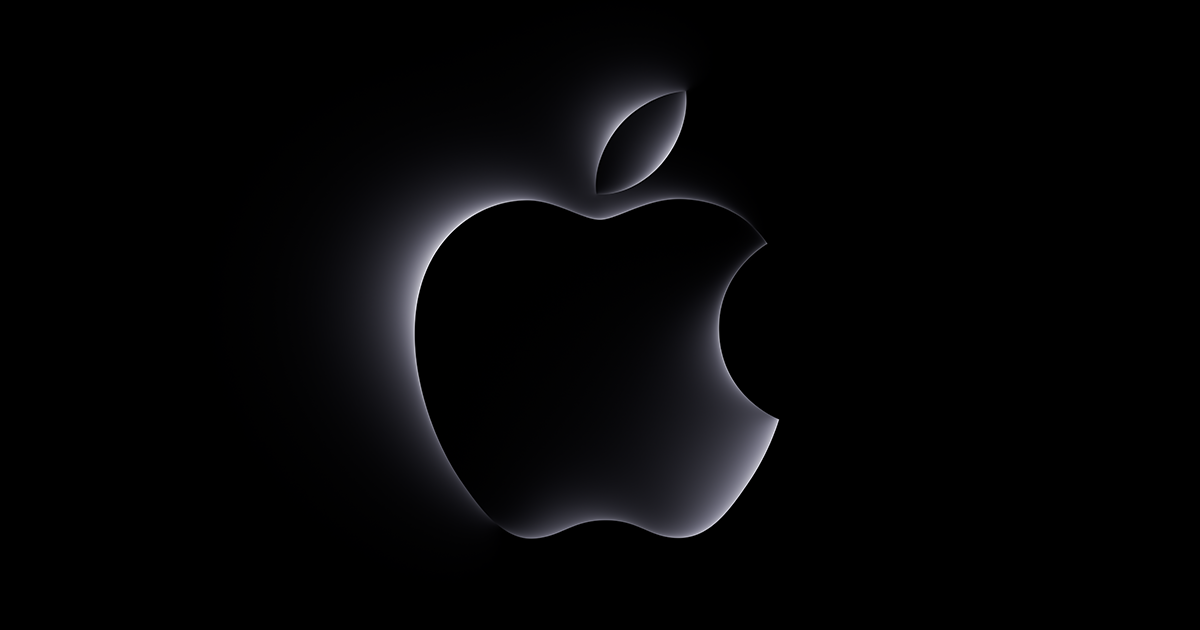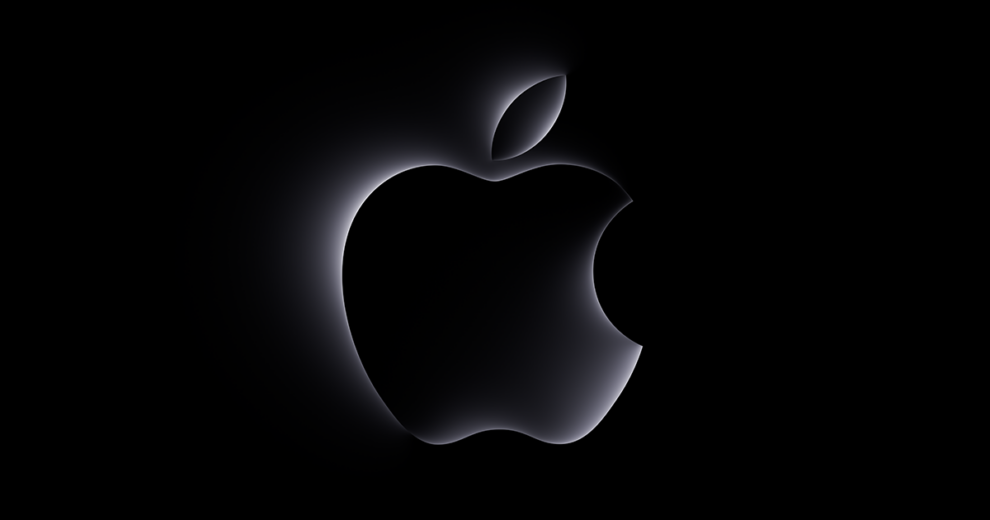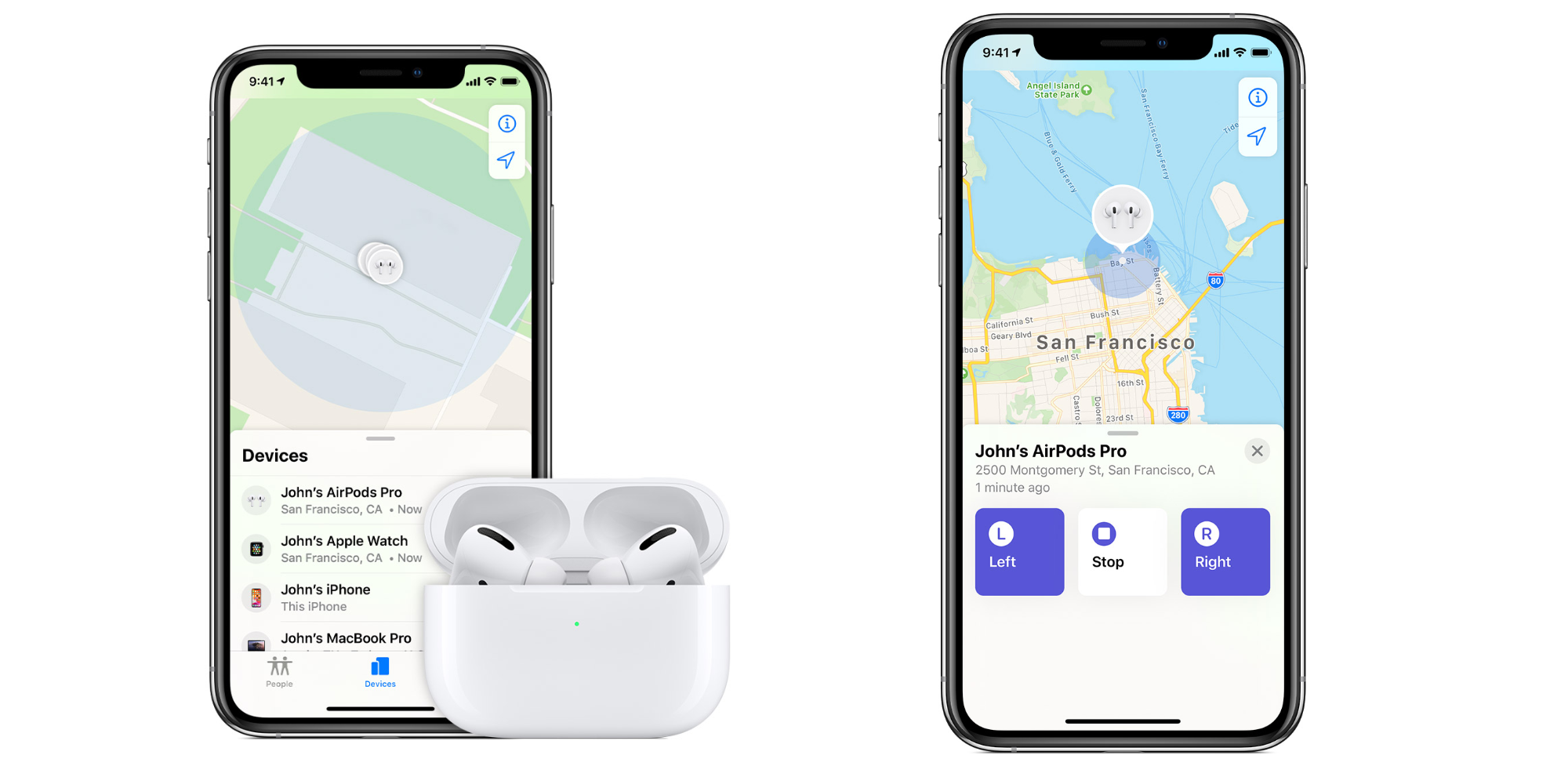In a David-and-Goliath showdown for the messaging realm, a small startup named “Beeper” has thrown down the gauntlet against Apple’s iMessage, the reigning king of encrypted communication within the iPhone ecosystem. Led by the enigmatic Pavel Durov, the founder of Telegram, Beeper has dared to do the unthinkable: break down the walls of Apple’s tightly controlled messaging platform and allow Android users to seamlessly join iMessage conversations.
Key Highlights:
- Beeper app disrupts Apple’s walled garden, allowing Android users to join iMessage chats.
- Startup CEO Pavel Durov emerges as the “iMenace,” challenging Apple’s dominance in messaging.
- Apple swiftly shuts down Beeper’s access, igniting a debate on platform openness and user choice.
- The battle lines are drawn: Can Beeper crack Apple’s ecosystem and usher in a new era of interoperable messaging?
 Durov, nicknamed the “iMenace” by some, is no stranger to challenging tech giants. Telegram, his encrypted messaging app, has long been seen as a thorn in WhatsApp’s side, offering robust features and unparalleled privacy. With Beeper, Durov takes aim at another giant – Apple – by offering a revolutionary solution for a long-standing frustration: the exclusion of Android users from iMessage group chats.
Durov, nicknamed the “iMenace” by some, is no stranger to challenging tech giants. Telegram, his encrypted messaging app, has long been seen as a thorn in WhatsApp’s side, offering robust features and unparalleled privacy. With Beeper, Durov takes aim at another giant – Apple – by offering a revolutionary solution for a long-standing frustration: the exclusion of Android users from iMessage group chats.
Beeper’s premise is simple. It aggregates various messaging platforms, including iMessage, into a single interface, allowing users to access all their conversations from one place, regardless of their device or operating system. This means Android users can finally participate in iMessage threads, previously accessible only through iPhones and iPads.
However, Apple was quick to react, flexing its platform muscle by blocking Beeper’s access to iMessage within 72 hours of its launch. This move sparked outrage among internet آزادی (freedom) advocates and users yearning for interoperability in the fragmented messaging landscape. Durov condemned the move as “anti-competitive” and a violation of user choice.
The Beeper saga has ignited a critical debate on the balance between platform security and user freedom. Apple supporters argue that the walled garden approach protects user privacy and prevents spam, while critics contend that it stifles innovation and gives one company undue control over communication channels.
The battle lines are now drawn. On one side, Apple stands firm, defending its ecosystem’s integrity. On the other side, Beeper and its supporters fight for an open and interoperable messaging future where users, not platforms, dictate the flow of communication.
The outcome of this clash remains uncertain. But one thing is clear: Beeper has struck a nerve, revealing the deep-seated frustrations surrounding platform silos and user choice in the digital age. Whether Beeper emerges victorious or fades into obscurity, its audacious attempt to crack Apple’s iMessage kingdom has served as a powerful reminder of the ongoing struggle for a more open and democratic internet.
















